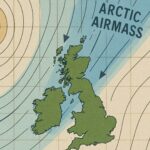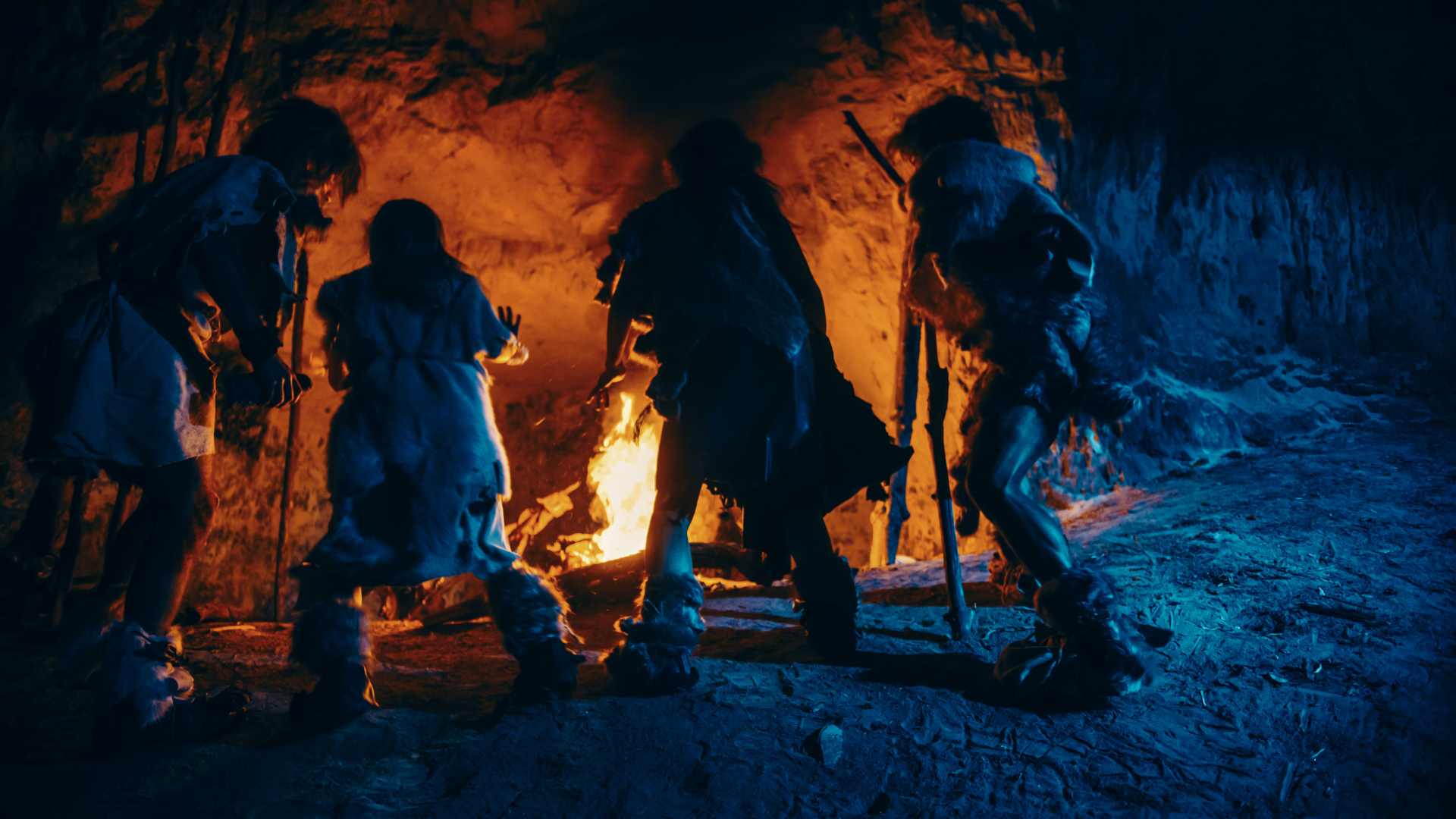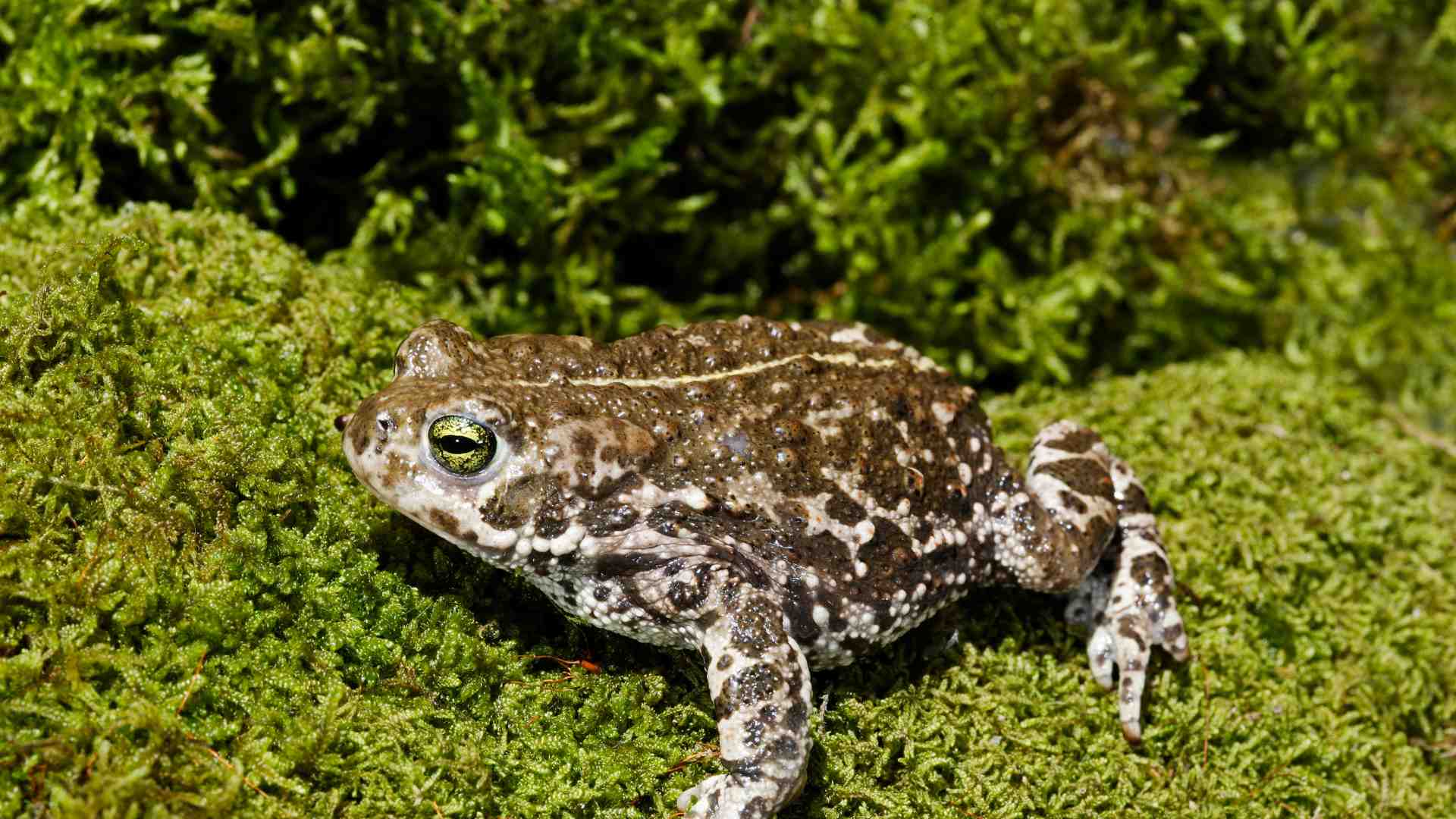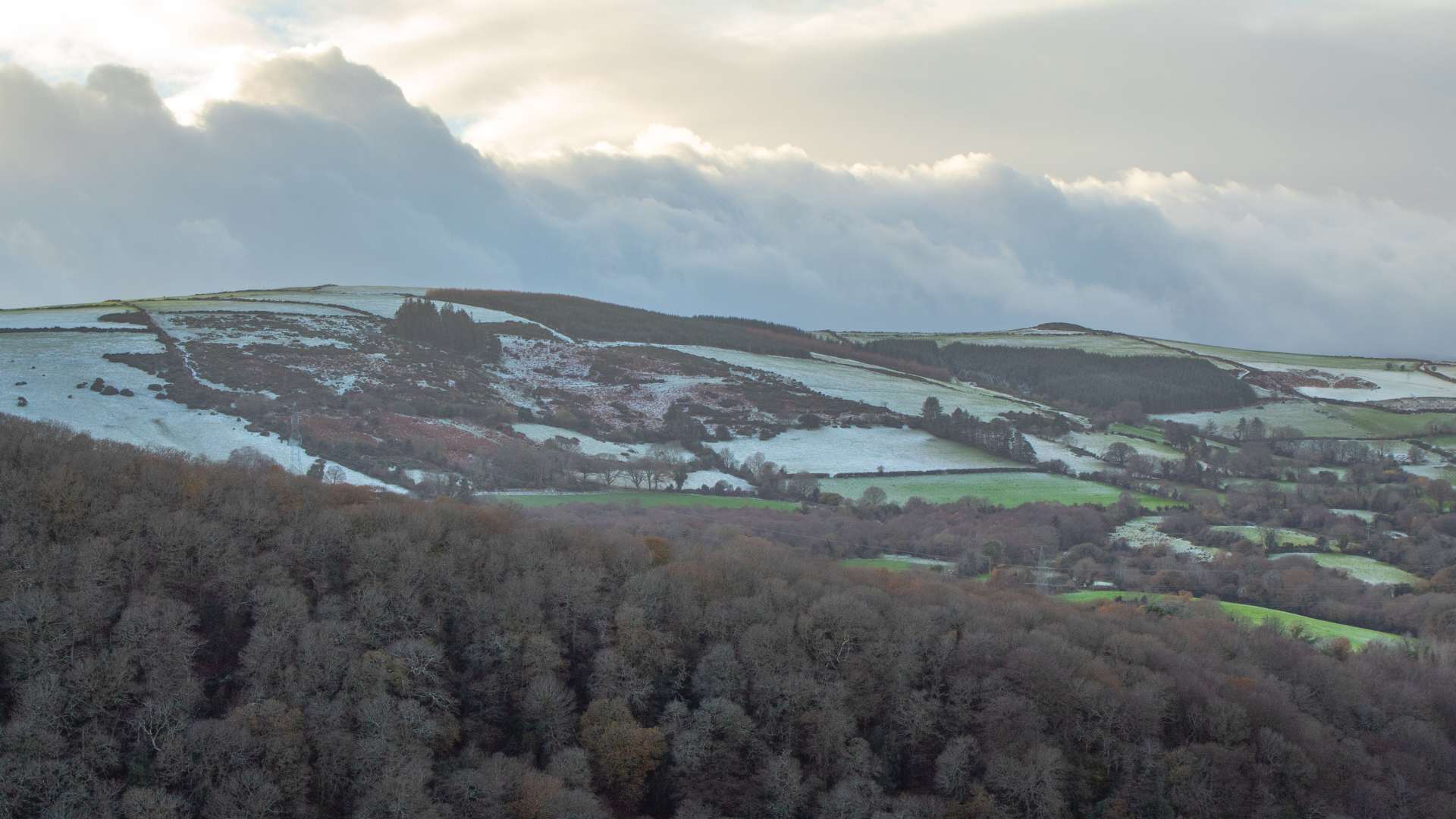
True’s Beaked Whale Strands and Dies on Mayo Beach
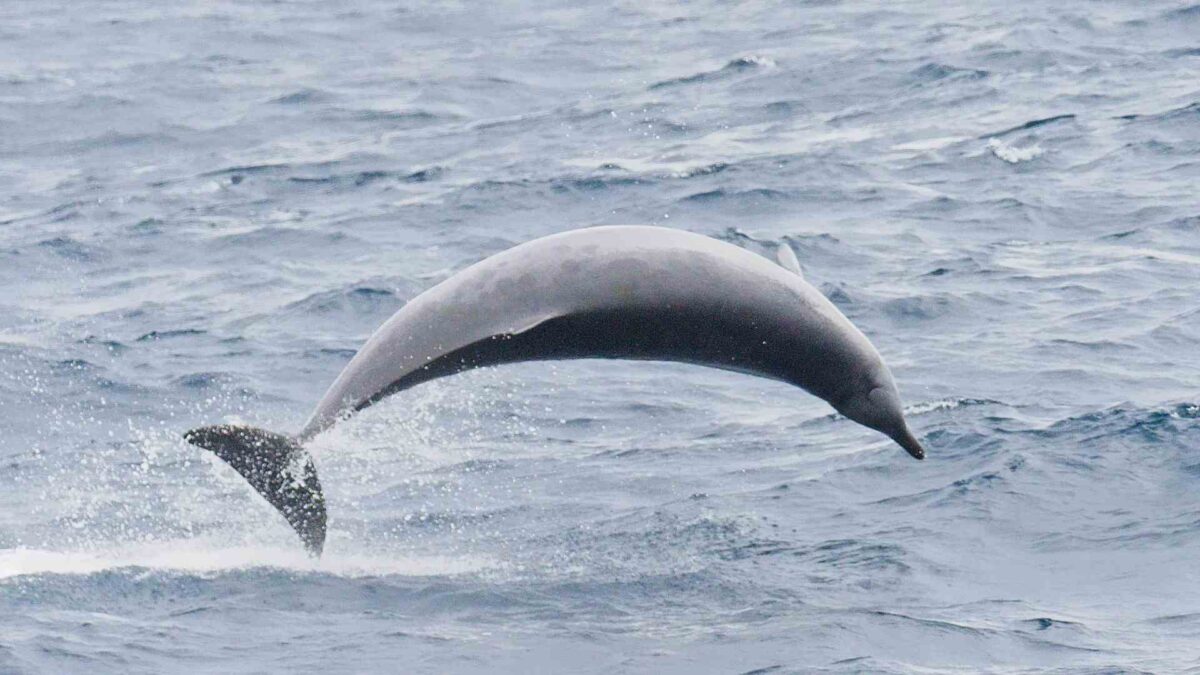
A rare deep-diving True’s beaked whale died after live stranding with its calf on Kilcummin Back Strand in Mayo.
The mother and calf pair were spotted swimming erratically in shallow water near high tide before both animals stranded on the beach at Castlelacken last Sunday. While the calf managed to refloat and swim away, the adult female died within moments of beaching.
A post-mortem led by Dr. Frank O’Sullivan of Dublin Zoo revealed the mother was lactating, suggesting the calf was still maternally dependent—a factor that casts serious doubt over its chances of survival.
The Irish Whale and Dolphin Group (IWDG) described the event as deeply distressing but highlighted the scientific value of rare footage captured by a member of the public showing the whales’ behaviour just before stranding.
“This footage provides a unique opportunity to observe pre-stranding behaviour, offering crucial insight into one of the ocean’s most elusive species,” the IWDG said.
True’s beaked whales are deep-ocean dwellers, rarely seen near land. Typically found far offshore, they can dive over 800 metres in search of squid and other deep-sea prey. Their presence in shallow coastal waters is highly unusual and is often linked to underlying issues such as illness, injury, or acoustic trauma.
In a broader context, the Mayo incident appears to be part of a troubling pattern of strandings across northwestern Europe. On Saturday, two Sowerby’s beaked whales live-stranded in the Netherlands. One died and the other was euthanised after multiple failed refloating attempts. Days earlier, four Northern bottlenose whales — another deep-diving species — stranded in Orkney, Scotland.
While a direct connection between these events remains unconfirmed, multiple strandings of deep-diving species in different locations in quick succession can indicate a shared acoustic disturbance, such as naval sonar or seismic activity.
Despite the significance of these events, Ireland does not currently have a state-funded post-mortem scheme for stranded whales, dolphins, or porpoises. The IWDG extended deep thanks to the veterinary team who volunteered their time and expertise, and to local residents who supported the work on the ground.
The IWDG continues to monitor for further incidents and encourages the public to report live strandings immediately via its emergency hotline at (097) 28118.
For more information or to get involved in marine wildlife monitoring, visit www.iwdg.ie.
Share this WeathÉire story:

